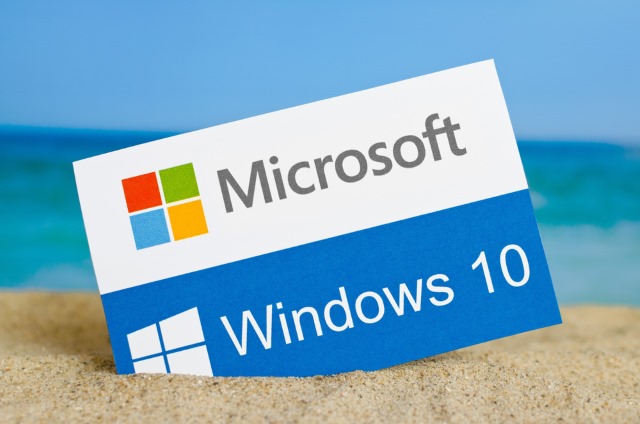
Microsoft dodges Swiss court with changes to Windows 10 privacy settings
Privacy has been a big issue for users of Windows 10, and the tsunami of complaints about spying has been a major headache for Microsoft. Now the company has managed to avoid a potentially expensive and damaging court case in Switzerland by improving data processing transparency in Windows 10.
The Swiss Federal Data Protection and Information Commissioner (FDPIC) has just reached the end of an investigation into Windows that started back in 2015. They found that Windows 10's "get going fast" quick install option automatically enabled invasive data sharing with Microsoft (location details, browser and search history, keyboard entries and nearby WiFi networks, for example) without providing users with sufficient warning.
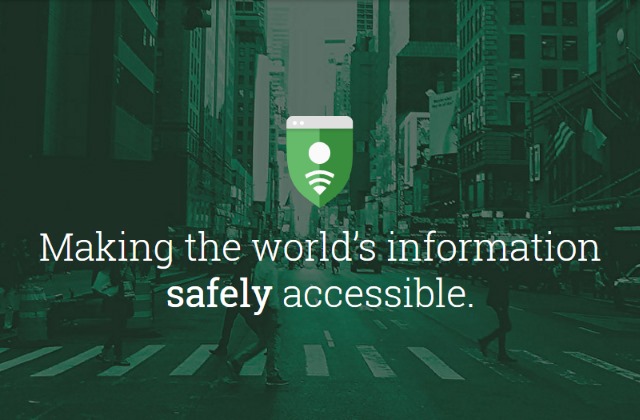
Google's new Safe Browsing site is home to malicious site reporting, transparency reports, and policies
Google today launches a revamped version of its Safe Browsing site, bringing a number of tools and services under one roof. The tag line for the site is "Making the world's information safely accessible," and Google makes much of fact that it now keeps more than two billion devices safe online -- desktop and Android, as well as devices running Google tools such as Chrome and Gmail.
One of the main purposes of the site is to make it easier for people to report malicious sites they encounter, so other internet users can be warned and protected. But the updated site is also home to additional information from Google, such as its Transparency Reports and company policies.
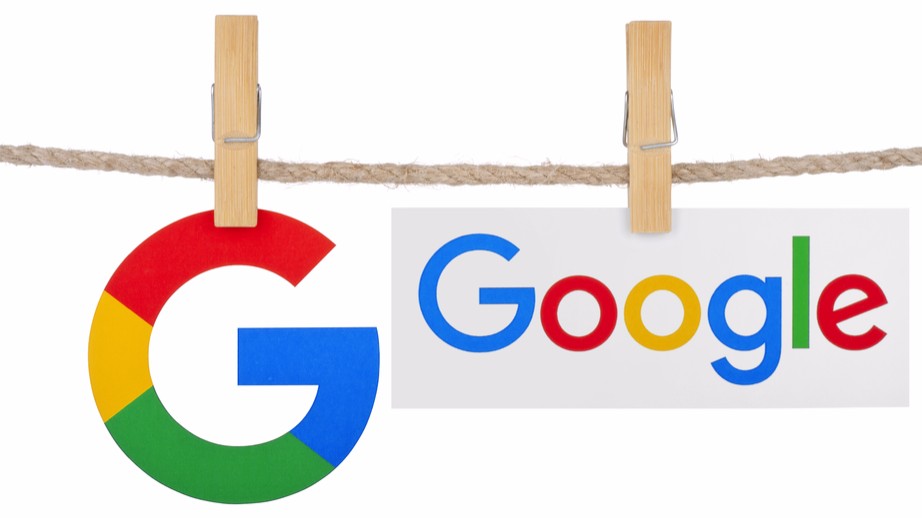
Google's latest transparency report reveals the futility of transparency reports -- and increased data requests
As has become the norm for big tech companies these days, Google has just published its latest transparency report. The report reveals -- in very, very broad strokes -- the number of requests for user data the company has received from the US government.
In a groundbreaking revelation (and -- please -- note the sarcasm) the lifting of a gag restriction by the FBI means Google is now able to report about the number of National Security Letters it received in Q2 2015. Sort of. "We have updated the range of NSLs received in that period [...] from 0-499 to 1-499." Or, to paraphrase: "there definitely weren't none".
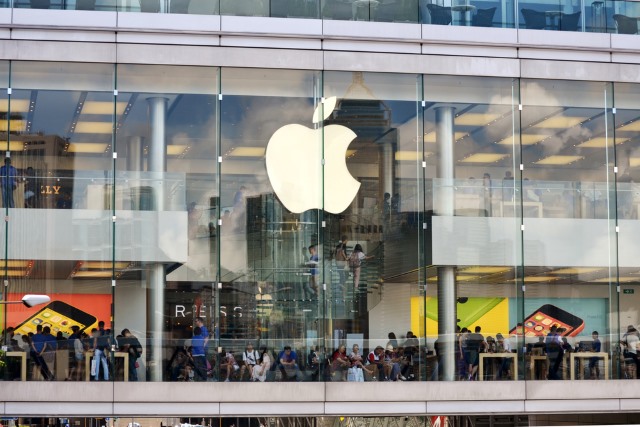
Google and Apple show that tech companies' blase attitude to tax cannot continue
Technology firms, like bankers, are starting to earn a bad name for themselves. The practice of funneling profits from different branches of a company through countries that have favorable rates of tax is nothing new -- far from it -- but it's becoming far more prevalent. Apple was recently asked to pay back $14.5 billion in unpaid tax in Europe, and this is not an isolated incident.
Small businesses understandably feel that they are getting a raw deal when the big players have the clout and resources to play the system to their advantage. But it doesn't always work out. In addition to the $14.5 billion in Ireland, Apple has just paid back $118 million in Japan for 'under-reporting income' and Google is also facing investigation in Indonesia over possible unpaid taxes.
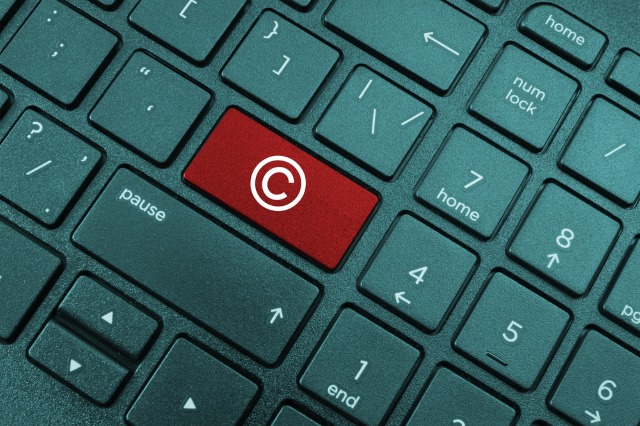
Google updates its transparency report for removal of copyright material
Google's regular Transparency Reports make for interesting reading for those with an interest in how the company operates. As well as revealing how Google responds to government requests for data, they also show how it deals with copyright removal requests.
Now the company has updated its reports to make the data easier to read and easier to interpret. It also shows more information about the sites and companies associated with removals.

Microsoft gains support from Mozilla, EFF, Google and Apple in fight against US gagging orders
Microsoft is fighting the US Justice Department in an attempt to quash a law that prevents companies informing customers that the government is requesting their data. The technology giant has the backing of other tech companies as well as media outlets.
Amazon, Apple, Google, Fox News, Electronic Frontier Foundation and Mozilla are among those offering their support to Microsoft. The lawsuit says that blocking companies from keeping their customers informed is unconstitutional, and it comes at a time when tech companies in particular are keen to be as open and transparent as possible about government requests for data.
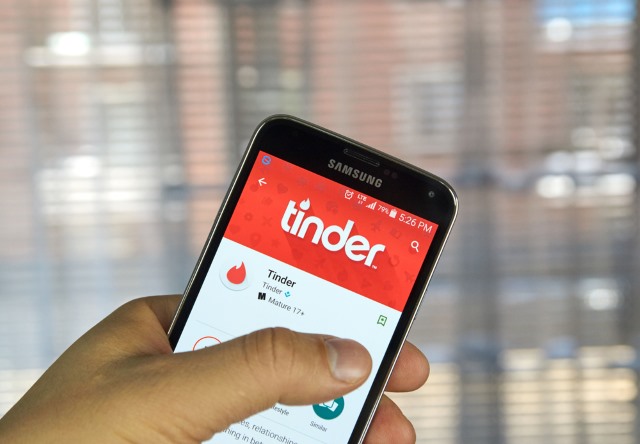
EU lawmaker decries Tinder's terrible privacy policy
The dating app Tinder is facing criticism from Europe where lawmakers believe it breaches EU data protection rules. There are calls for the app to be investigated by the European Commission over how it makes use of personal data.
Concerns spring from the fact that Tinder's terms are written in such a way that owner Match Group Inc can continue to use user data even when accounts are closed. It is alleged that these "abusive clauses" are unlawful.

Google is receiving more government requests for access to user data than ever before
Transparency reports from the big tech companies always make for interesting reading, and the latest update from Google is no different. Its most recent transparency report covers the period July-August 2015, and shows that the company received a record number of government data requests.
The report shows the number of times governments around the world contacted Google with requests for access to user data. For anyone with an interest in either privacy or security, the marked increase in the number of requests is interesting.

Facebook transparency report shows increase in government data requests, most with gagging orders
Facebook has published its latest Global Government Requests Report covering the second half of 2015. The transparency report reveals that there has been as 13 percent increase in the number of government requests for data, but it also shows that Facebook is still not able to be as transparent as it might want.
For the first time the social network is able to report about the number of data requests that have a non-disclosure order attached to them. More than half of the requests -- 60 percent, in fact -- have gagging orders that prevent Facebook from notifying users about requests for their data.

Apple transparency report sheds some light on government data requests
Reinvigorated interest in privacy, security and surveillance means that the transparency reports published by tech companies are always greeted with some enthusiasm. How much data are governments around the world asking for from companies? How much user data are companies handing over to the authorities?
Apple's latest transparency report reveals that the iPhone manufacturer has complied with an increased number of requests for data -- including 80 percent of requests in North America, and 97 percent in Latin America. But while the report makes for interesting reading, it also highlights a problem that Microsoft recently sued the Department of Justice over: even if companies want to be transparent about data requests, when it comes to National Security Requests it is not even possible to report the precise number of requests that have been received.

Google set to improve transparency and privacy for Chrome extensions
Google is looking to take steps that will enable Chrome users to make more informed decisions about the extensions they install. Specifically, developers will have to provide more information about data collections in the interests of transparency.
In addition, developers will have to produce a privacy policy for their extensions, and must ask for permission before collecting data about users. Google's new User Data Policy introduces these extra requirements in the wake of increased demands from users for more information about what is going on in the background.

Privacy in the spotlight: Microsoft sues Department of Justice for not allowing transparency about data access requests
In light of Edward Snowden's surveillance revelations, regular transparency reports from technology companies about the requests they have received from governments about data requests have become very common. But despite the name, transparency reports are not very transparent -- there are great restrictions on what companies like Microsoft are able to report. The company believes this is unconstitutional.
The restrictions are so strict that it is not even possible to precisely report the number of requests for user data that have been received. Instead, this data must be conveyed in bands such as 0-499, 500-999, and so on. Now Microsoft has had enough. There are privacy concerns, of course, but most disturbing is that in half of cases of requests for customer data, Microsoft has been gagged from letting those affected know about the governmental interest. As a result, Microsoft has decided to sue the Department of Justice in a bid to be more transparent.
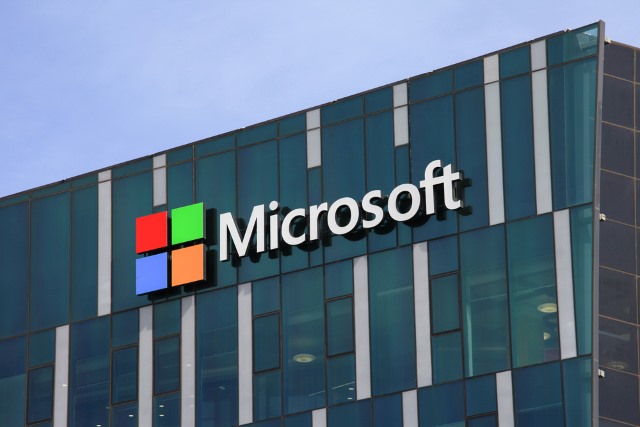
Microsoft throws its support behind EU-US Privacy Shield
The transfer of data between the US and Europe has been something of a privacy and security nightmare. In an attempt to improve privacy protection, the European Commission established the EU-US Privacy Shield "to restore trust in transatlantic data flows" post-Edward Snowden's NSA surveillance revelations, replacing the controversial Safe Harbor arrangement.
Today Microsoft has announced its support for the principles the framework says that companies will have to abide by. More than this, Vice President for EU Government Affairs at Microsoft, John Frank, says the company will comply with Data Protection Authorities advice in disputes, and cooperate with them on data transfer processes.
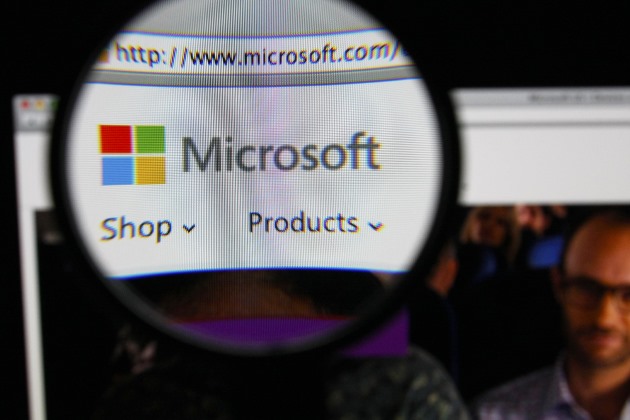
Microsoft expands transparency report to include details of revenge porn removal requests
Today on its Transparency Hub, Microsoft published the latest of its transparency reports. This time around the report has been expanded to include details of revenge porn removal requests, in addition to the usual information about FISA orders, and other content removal requests from law enforcement agencies.
In keeping with previous reports, this one shows that the United States, United Kingdom, Turkey, France and Germany are collectively responsible for the vast majority (76.8 percent) of content removal requests. While Microsoft is still not able to report exact figures when it comes to FISA requests and National Security Letters, the USA Freedom Act means that the numbers can be revealed "in narrower ranges of bands of 500 versus 1,000".
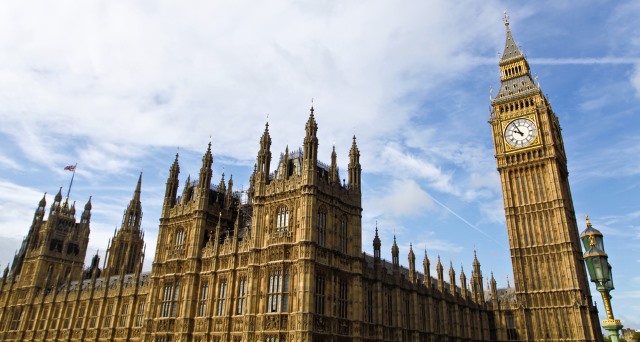
House of Commons embraces electronic voting via Surface Pro to improve speed and transparency
Starting today, every vote that takes place in the House of Commons will be recorded on tablets -- specifically Microsoft Surface Pros. This is an expansion of the program used by UK MPs voting in divisions under the "English votes for English laws" procedure and means that the electronic system will be used in all situations.
It does not mean that each politician is equipped with his or her own tablet, but votes will be recorded by an appointed clerk. As well as improving accuracy internally, electronic voting means that data about votes can be made publicly available more quickly in the name of transparency.
